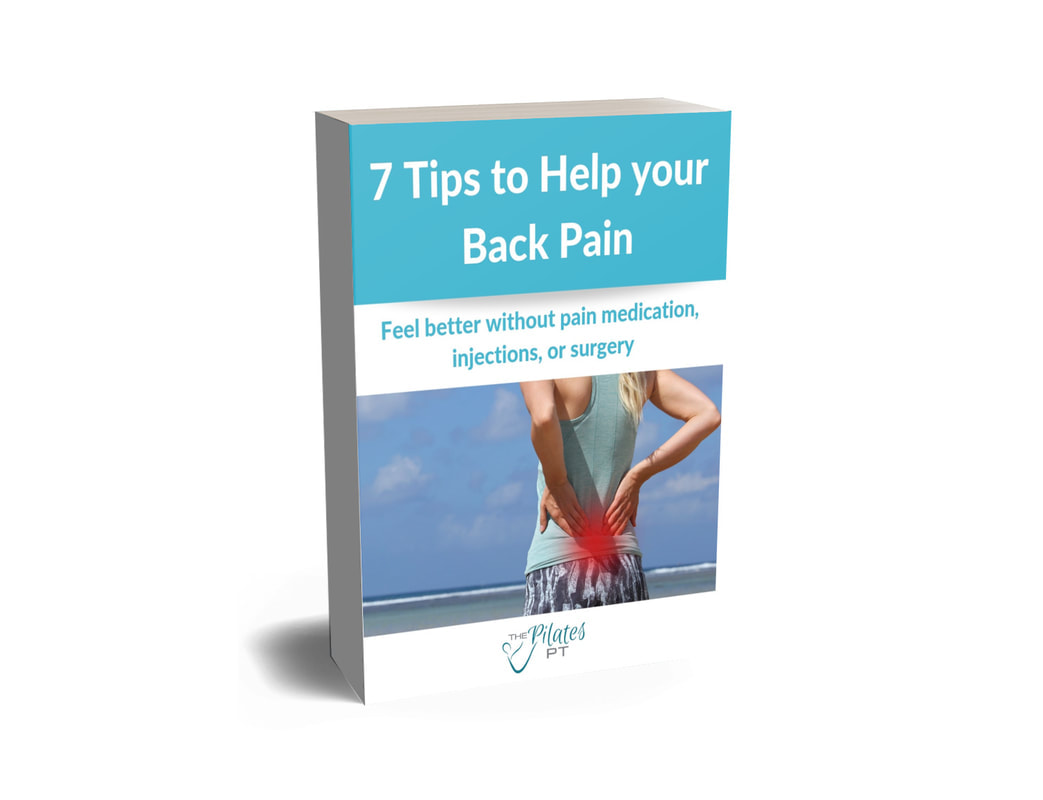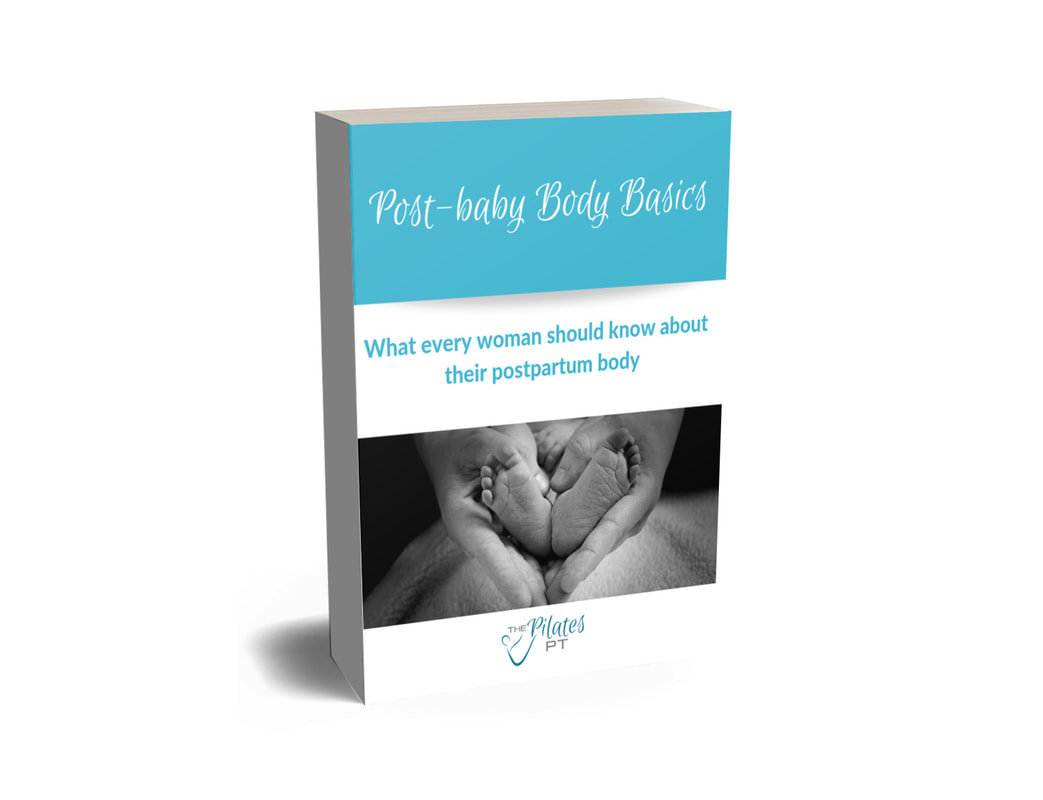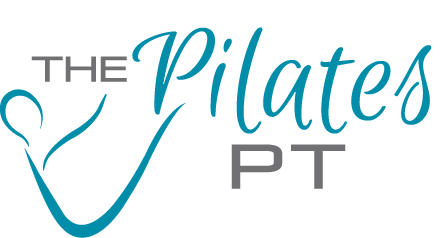|
By: Rachel Miller PT, DPT
The core is our center. It stabilizes the trunk while arms and legs are moving. It not only includes our abdominals, but also our back and scapular musculature, pelvic floor, and gluteal/hip muscles. The core is supposed to help you with daily activities. The more strenuous an activity or exercise is, the more the core should help. Unfortunately, when we have pain or surgery in this area, it affects the core muscles and can cause weakness and the core to not function optimally. The good news is that the core can be retrained, and all of these signs of core weakness can be improved. 1. You have neck or back pain While there are many causes of neck and back pain, core weakness can be one cause. Pain with prolonged sitting or standing, or pain with change in positions such as sit to stand or rolling over may indicate core weakness as a contributing factor. 2. You tend to slouch Sitting or standing for long periods of time can be challenging. Our postural muscles are endurance muscles- meaning they need to work a little bit, but for a long period of time. None of us have perfect posture all of the time. That is fine, variety is good for us. But if you are in a slouched position for hours every day, that leads to a forward head position, pec/chest tightness and excessive flexion of the upper back. This can lead to back and neck pain as well as core weakness. 3. You have poor balance Our core and especially the muscles in our hips/pelvis are important for balance. If these muscles are weak, your balance will be affected. Often one side of your body is weaker or has more difficulty with balance so see how you feel with a single leg balance test. As we get older, balance becomes more challenging so incorporating balance training into your workout routine is important. 4. Core exercise or heavy lifting are difficult It seems obvious but if you struggle with core exercises, you likely have a weak core. The only way to get better is to practice. But keep in mind that the deeper core muscles that provide stability should be working with our outer muscles that our movers so working with someone that can teach proper form and muscle activation is highly recommended. Do you tend to hold your breath with exercise? If the answer is yes that is a common compensation for core weakness. Remember that your core is meant to help you with real life, not just core exercise. When you lift a heavy bag of groceries, do you feel your stomach muscles automatically tighten? That is what we want- a reflexive core. If you find heavy lifting or strenuous activities are difficult, or if you don’t feel your core engaging, that is something that you can change. 5. You leak urine with sneezing, laughing, coughing, jumping or exercising This is a sign that your pelvic floor muscles are not doing their job. Either there is a pelvic floor muscle issue, or your deep core system is not working together properly. If you are leaking even just a little bit, even just sometimes, while it is common, it is not normal and pelvic floor Physical Therapy can help. You may now be thinking what is the best way to strengthen my core? I believe that it takes some body awareness and education, along with exercise with proper form. Pilates does exactly this, and our Pilates intro package is the best starting place. It gives you access to over 2 hours of educational exercise videos called Core Connections that focus on teaching you proper form and core activation as well as core exercises for the entire core system. The intro package also includes two private Pilates sessions- either in our studio or virtually so you can get feedback and guidance from an expert.
0 Comments
Your comment will be posted after it is approved.
Leave a Reply. |
Get your free guideJust click on the picture: 7 Tips to help your back pain feel better without pain medication, injections, or surgery or Post-baby Body Basics: what every Woman needs to know about their postpartum body. CategoriesArchives
September 2022
|
|
1113 S. Milwaukee Ave
Suite 203 Libertyville, IL 60048 |
Copyright ©2020. The Pilates PT LLC. All rights reserved



 RSS Feed
RSS Feed
